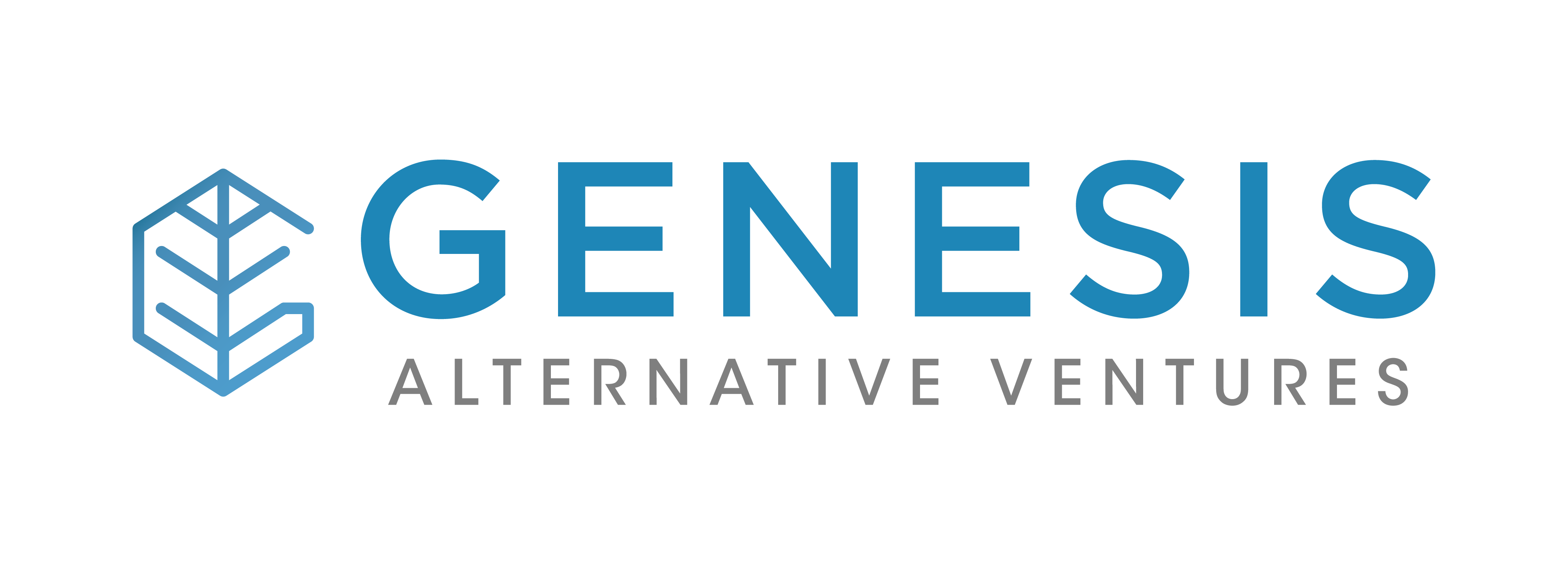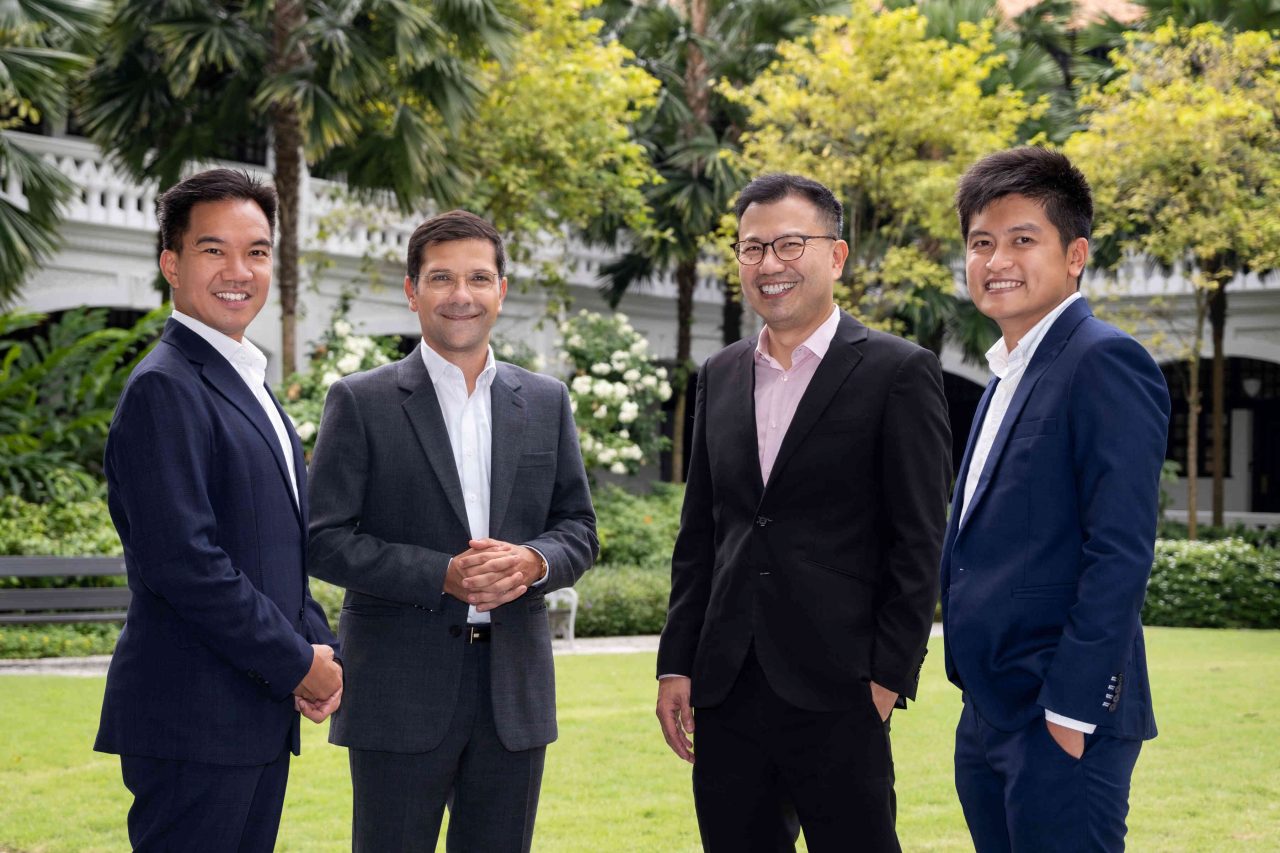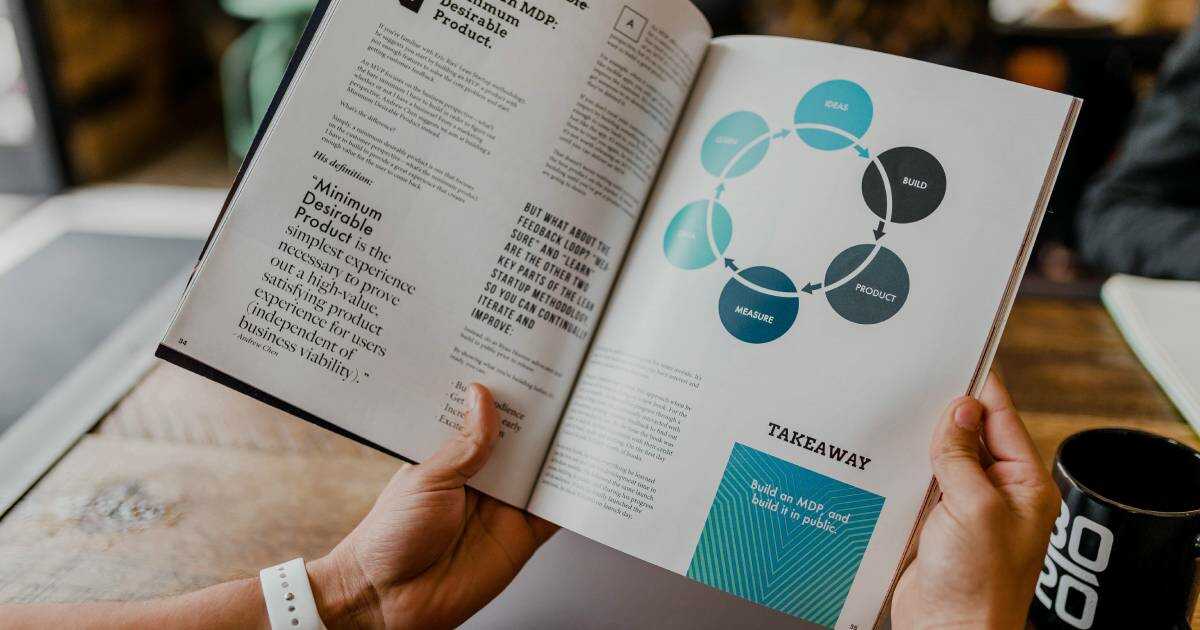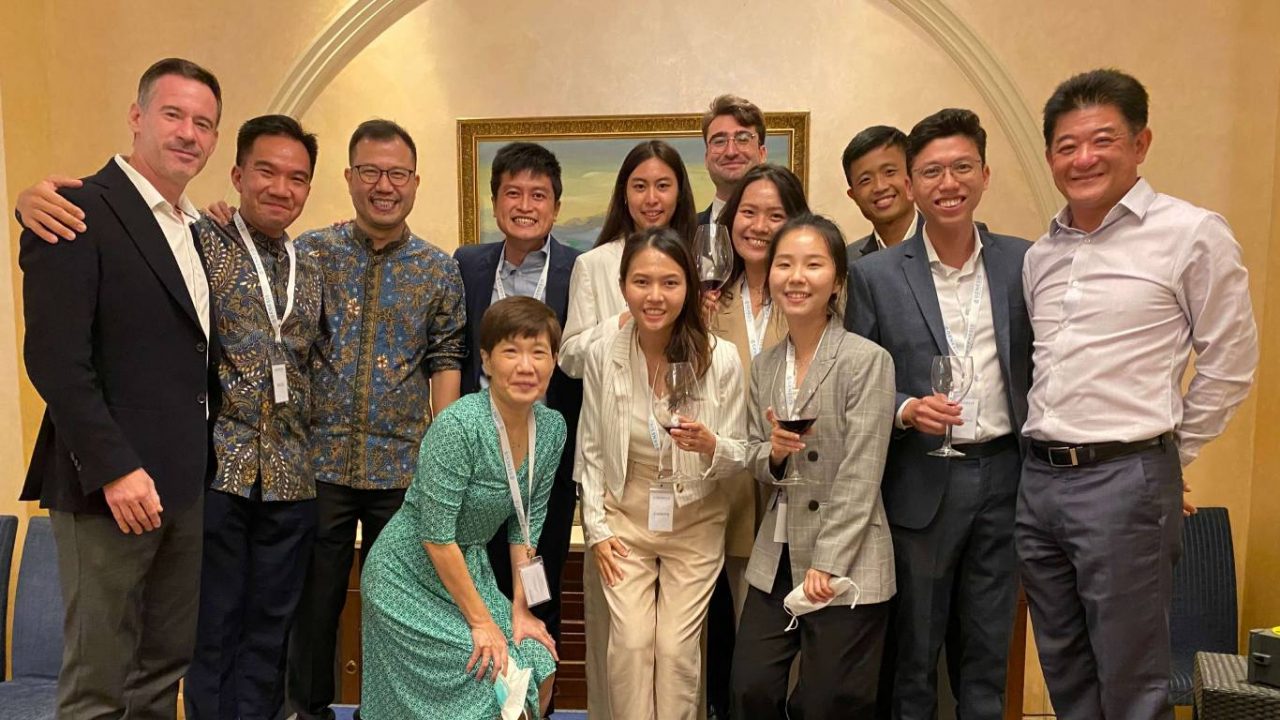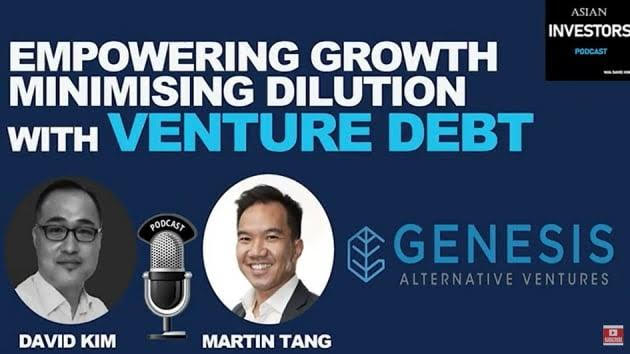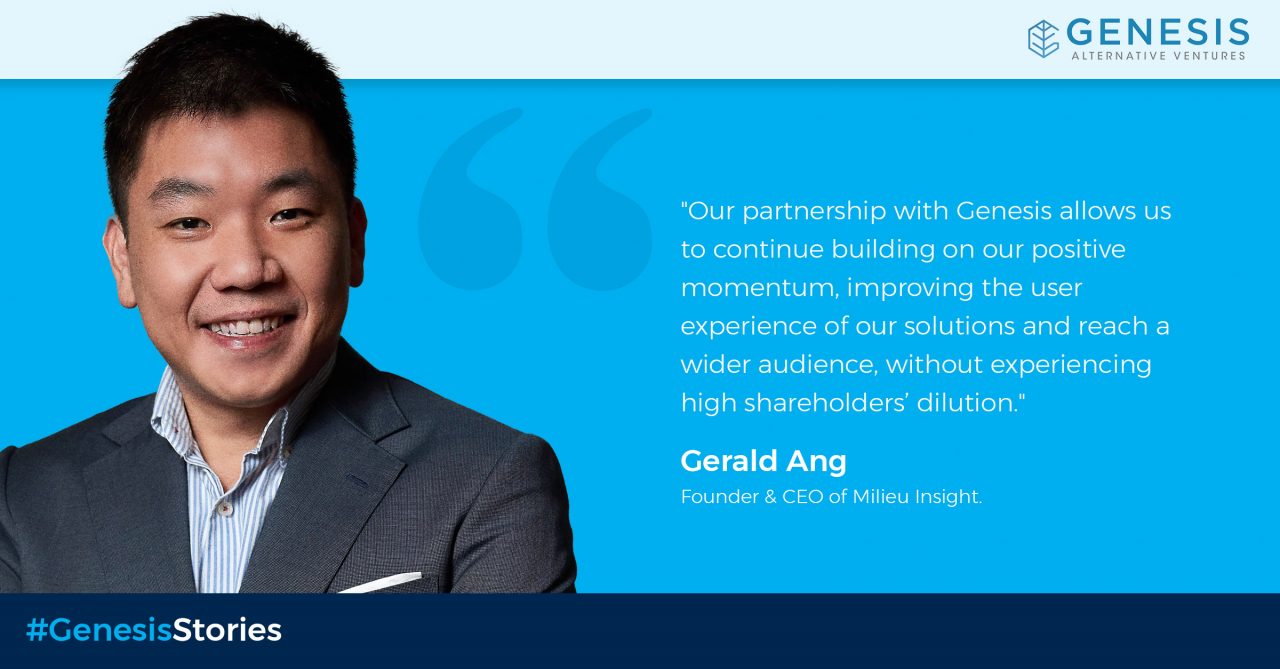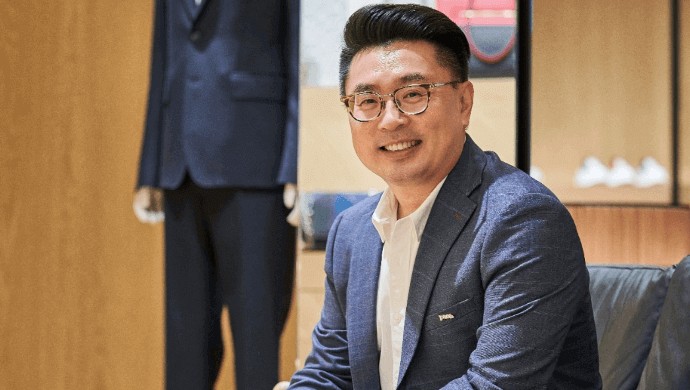- Strong investor support with almost half the Fund committed at first close.
- 80% of first close commitments from existing investors such as Sassoon Investment Corp, Aozora Bank, Korea Development Bank, Mizuho Leasing, Silverhorn; notable new investment from Israel’s OurCrowd.
- Genesis’ US$90m Fund I launched in 2019 financed 25 companies across Southeast Asia including unicorns Matterport & Akulaku.
Singapore, 25 August 2022 – Following the success of its debut US$90 million fund in 2019, Genesis Alternative Ventures has launched its second venture debt fund to raise US$150 million to finance start-ups across Southeast Asia. Almost half the fund was raised at first close earlier this month.
In a strong show of support, 80% of Fund II’s first close commitments came from existing Genesis’ Limited Partners (LPs) such as Sassoon Investment Corp, Aozora Bank, Korea Development Bank, Mizuho Leasing, Silverhorn, family offices, charitable trusts, fund of funds and corporate investors. Among new investors is OurCrowd, the Israel-based online global venture investing platform.
Dr Jeremy Loh, Genesis’ Co-Founder and Managing Partner, said: “We are grateful to our investors for their continued support.
Genesis Fund II further strengthens our ability to provide financing for promising start-ups that are catalysts for economic growth in the region.”
Genesis extends debt to revenue-generating, high-growth companies that are backed by venture capital funds. These start-ups typically do not qualify for regular bank loans because they lack collateral, or have not yet reached profitability, and/or their founders are wary of taking on too much venture capital for fear of diluting their ownership.
The venture debt firm founded by Ben J Benjamin, Dr Jeremy Loh and Martin Tang in 2019, will continue to focus on Southeast Asia’s early and mid-stage high growth technology start-ups (Series B to pre-IPO). Dr Loh said Fund II already has a US$60 million deal pipeline in place.
He added: “Southeast Asia remains a magnet for investors attracted by the region’s growth potential, talent availability, high population and reasonable labour costs. In particular, Singapore has strengthened its position as a hub for innovative start-ups in the region.
“While the pace of investing may have slowed due to economic headwinds, interest in Southeast Asia technology companies remains strong. Given the record amount raised by venture capital funds in the last year, there’s a lot of dry powder for start-ups with strong fundamentals.
“Genesis will continue to finance first-class entrepreneurs who are building high-growth companies built on sustainable business models.”
Impact & ESG forms backbone of Fund I portfolio
Genesis Fund I raised an oversubscribed US$90 million and has financed 25 companies from Series A to pre-IPO in sectors such as logistics-tech, fintech, agritech, cybersecurity, and food-tech operating in Southeast Asia. It counts two unicorns among its portfolio companies namely Matterport, a leading global spatial data platform company, and Akulaku, a banking and digital finance platform in Southeast Asia.
Genesis selectively finances companies with meaningful impact objectives and works closely with entrepreneurs to identify and introduce important ESG principles within portfolio companies. Genesis has channelled nearly half of its capital from its debut fund into start-ups with meaningful impact objectives that are aligned with the United Nation’s Sustainable Development Goals. Close to 80% of its portfolio companies have in place formal ESG policies and procedures.
In a joint report last year, Genesis and PwC Singapore noted that venture debt is fast emerging in Southeast Asia as an alternative and complementary source of financing for high-growth tech companies that traditionally only raised equity as a source of capital. The report was presented at last year’s Genesis Forum featuring Tan Sri Mohamed Nazir bin Abdul Razak, past Chairman, CIMB Group, who delivered the keynote address “Profit with purpose, my personal journey to here.”
Victor Sassoon, Chairman, Sassoon Investment Corporation: “We are delighted to continue backing the Genesis team in their mission to provide less-dilutive funding to entrepreneurs across Southeast Asia. We are firm believers that venture debt will play an important role for start-up founders who are confident of their business growth and recognise the long-term value in complementary financing for working capital and other needs.”
Shin Kato, Head of Asia Investment Group, Aozora Bank: “The Southeast Asian and the Japanese venture ecosystems have long been underserved by credit providers. Genesis and Aozora Bank are both tackling this issue in their respective markets, and we are happy to continue our strategic partnership with Genesis to provide non-dilutive capital to innovative and impactful companies through their second fund while exchanging know-how and market insights on Japan and Southeast Asia.”
Jon Medved, CEO, OurCrowd: “We are delighted to be investors in Genesis Fund II. This fund has a tremendous management team whom we have known for years, leading co-investors, superb performance to date, and a brilliant future in bringing the important asset class of venture debt to the fast-growing Southeast Asia market. When we add the power of our global OurCrowd community to Genesis’ already great story, we are confident that this is about to get only better.”
About Genesis Alternative Ventures
Genesis Alternative Ventures is Southeast Asia’s leading private lender to venture and growth stage companies funded by tier-one VCs. Genesis is founded by a team of venture lending pioneers who have backed some of Southeast Asia’s best loved companies. Armed with a strong reputation among entrepreneurs and investors, Genesis is a trusted partner in empowering corporate growth while minimising shareholders’ equity dilution. Genesis was founded by Ben J Benjamin, Dr Jeremy Loh and Martin Tang in 2019.
For media queries, please contact:
Catherine Ong Associates
Catherine Ong
Mobile: (65) 9697 0007
Email: cath@catherineong.com
Joel Ng
Mobile: (65) 9873 5728
Email: joel@catherineong.com
